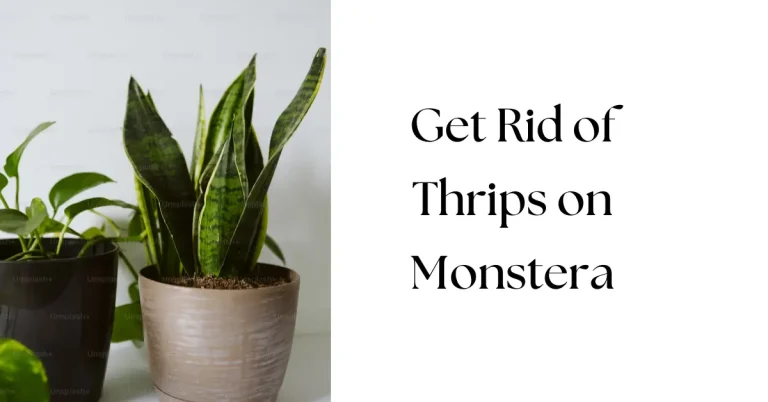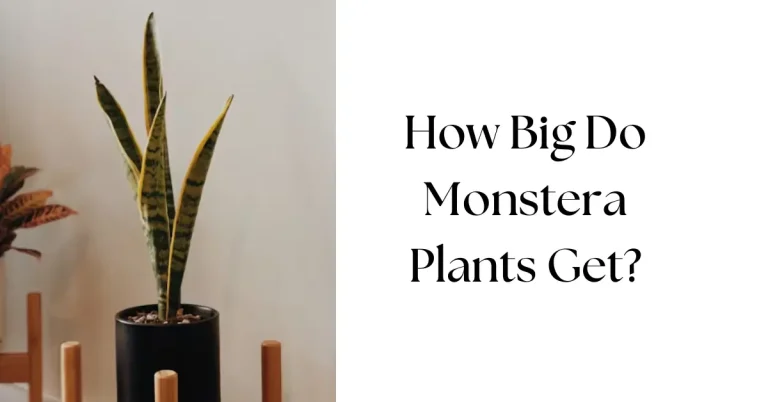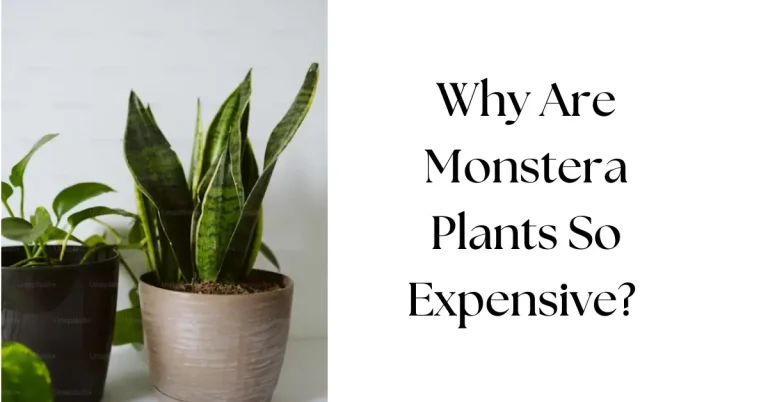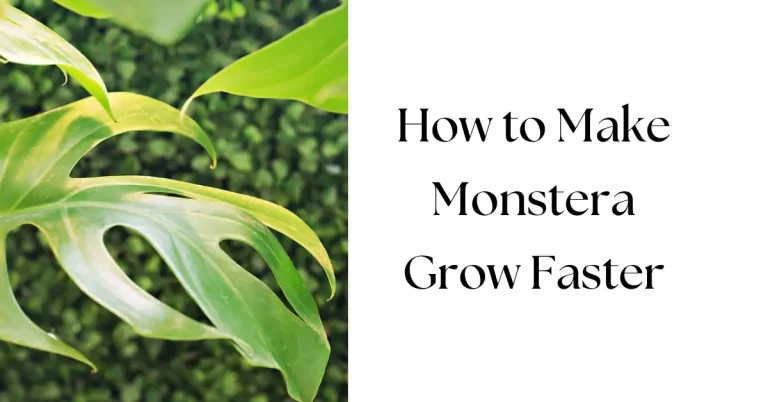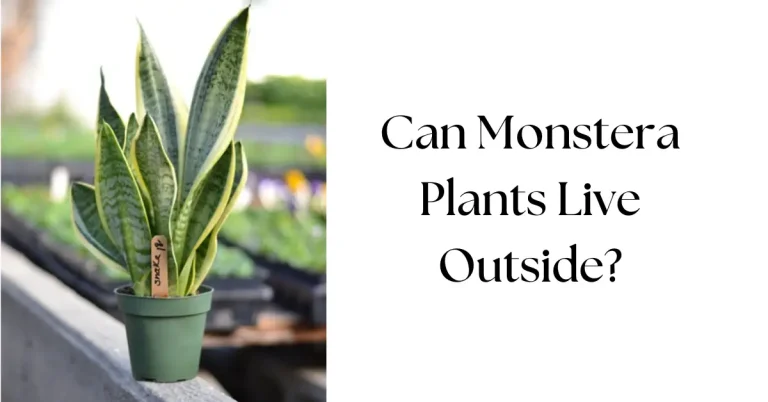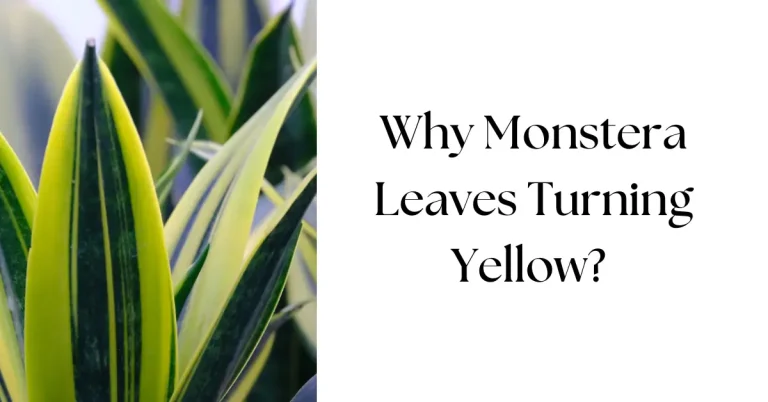Monsteras, famous for their dramatic, striking leaves, are beloved by plant enthusiasts. But when it comes to their roots, the common question arises: Do Monsteras like to be root bound?
No, Monsteras don’t thrive when root bound, but they can tolerate it briefly.
In this guide, you’ll learn what being root bound means, how it impacts your Monstera, and the best steps to ensure your plant grows healthy and vibrant.
Let’s dive in!
What Does It Mean for a Plant to Be Root Bound?
When a plant is “root bound,” its roots outgrow the pot. This means the roots circle tightly inside the container, leaving little room for soil. Here’s how you can tell if your Monstera might be root bound:
- Roots are growing out of the drainage holes.
- The plant’s growth has slowed or stopped.
- The soil dries out very quickly after watering.
Root-bound conditions can stress the plant because the roots can’t absorb enough nutrients or water. However, some plants tolerate being root bound better than others. Let’s see how Monsteras handle it.
Do Monsteras Like to Be Root Bound?
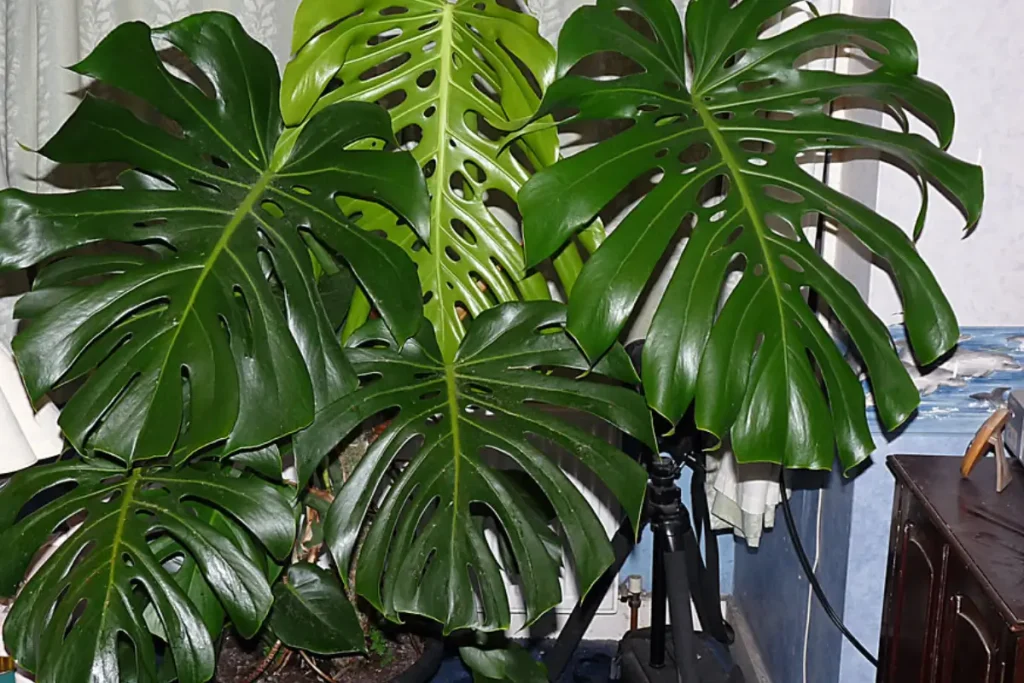
Monsteras can survive being root-bound for a short time but thrive best when their roots have room to grow.
In their natural habitat, Monsteras grow in the wild with plenty of space for their roots to spread. A slightly snug pot might not harm the plant, but if the roots are too crowded, it can lead to problems like:
- Stunted growth
- Yellowing leaves
- Drooping stems
Monsteras need pots that provide ample space for root expansion for optimal health. Giving them the right environment ensures healthy leaves and vibrant growth.
Related:
Signs Your Monstera Might Be Root Bound
Not sure if your Monstera is root bound? Look out for these signs:
- Roots escaping the pot: Look for roots sticking out of the drainage holes at the bottom of the pot.
- Quick-drying soil: If the soil dries out faster than usual after watering, it’s a sign the roots have overtaken the pot.
- Slowed growth: If your Monstera isn’t growing as fast as it used to, crowded roots might be the issue.
Visual tip: Gently slide your Monstera out of its pot to inspect the roots. If you see a dense mass of circling roots, it’s time to repot.
Should You Repot Your Monstera?
Yes! Repotting your Monstera when it becomes root bound is important for its health. Here’s when and how to repot:
When to Repot
- Best time: Spring or early summer, when the plant is actively growing.
- Frequency: Every 1–2 years, or whenever you notice signs of being root bound.
How to Repot Your Monstera
- Choose a pot that’s 2 inches wider than the current one.
- Fill the bottom of the new pot with fresh soil.
- Carefully remove the Monstera from its old pot, loosening the roots if they are tightly bound.
- Place the plant in the new pot and fill it with soil.
- Water thoroughly and place it back in its favorite spot.
Pro tip: Use a well-draining potting mix that retains moisture but doesn’t stay soggy.
Tips for Keeping Your Monstera Happy
Monsteras are low-maintenance plants, but they still need proper care to thrive. Follow these tips to keep your Monstera healthy:
- Soil: Use a mix designed for tropical plants, like a peat-based blend with perlite.
- Watering: Water when the top 2 inches of soil are dry. Avoid overwatering to prevent root rot.
- Light: Monsteras love bright, indirect sunlight. Avoid direct sunlight, as it can scorch the leaves.
- Humidity: Keep humidity levels above 50%. Use a humidifier or mist the leaves during dry seasons.
- Pruning: Trim yellow or damaged leaves to encourage healthy growth.
FAQs About Monstera Root Bound
Do Monsteras Prefer Being Root Bound?
Monsteras can survive being slightly root bound, but they grow best in pots that give their roots space to spread out.
How Often Should I Repot My Monstera?
Repot your Monstera every 1–2 years or when it shows signs of being root bound, such as roots coming out of the drainage holes.
What Happens If I Don’t Repot a Root-Bound Monstera?
If left root bound for too long, Monsteras may stop growing, develop yellow leaves, and struggle to absorb water and nutrients.
Final Thoughts
Monsteras don’t like being root bound for long periods. While they can tolerate snug pots for a short time, repotting them when needed ensures healthy roots, vibrant leaves, and continued growth.
Keep an eye out for signs like roots escaping the pot or slowed growth, and give your Monstera a new home when the time comes.
Happy Planting!

